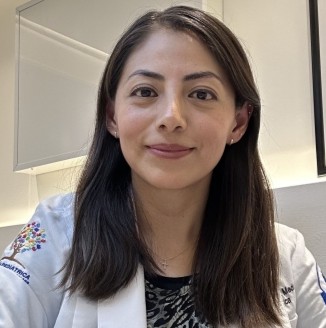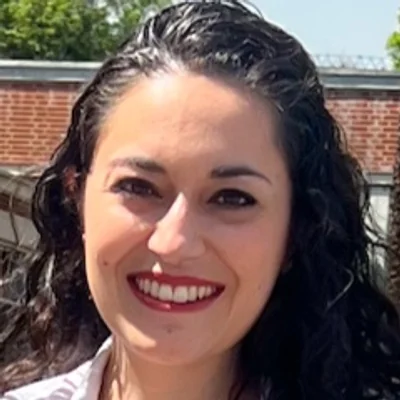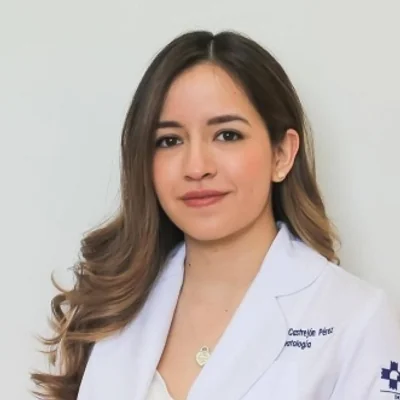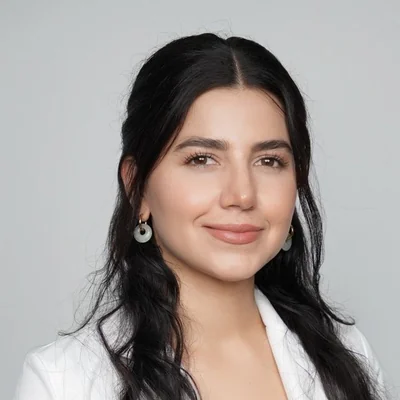
Healthcare Providers in Mexico City
Find and book appointments with English-speaking healthcare providers for Allergies in Mexico City.

Dra Palmira Delgado Barrera
Allergist
5.0
0.97 km from Parque Mexico, Mexico City
Common visit reasons are Allergies, Asthma, Allergy Consultation
Loading...

Dra Diana Martinez Medel
Pediatrician
5.0
0.7 km from Parque Mexico, Mexico City
Common visit reasons are Allergies, Asthma, Prescription Refill
Loading...

Dr Gustavo Salgado Hernández
General Doctor
5.0
2.27 km from Museum of Frida Kahlo, Mexico City
Common visit reasons are Allergies, Asthma, Blood Work
Dr Salgado Hernández also offers home visits
Loading...

Dr Paulina González
General Doctor
5.0
0.66 km from Parque Mexico, Mexico City
Common visit reasons are Asthma, Blood Work, High Blood Pressure / Hypertension
Loading...

Dra Nidia Karen Castillon Benavides
Allergist
3.08 km from Museum of Frida Kahlo, Mexico City
Common visit reasons are Asthma, Urticaria and Angioedema, Vaccine(s)
Loading...

Dr. Rogelio Chavolla González
Otolaryngologist
2.14 km from Parque Mexico, Mexico City
Common visit reasons are Tonsillitis, Sinus Problems / Sinusitis, Rhinitis
Loading...

Dra Gabriela Castrejón Pérez
Dermatologist
1.26 km from Angel of Independance, Mexico City
Common visit reasons are Alopecia in men, Sun-induced skin changes, Excessive Sweating / Hyperhidrosis
Loading...

Dr Jorge Arturo Pérez González
General Doctor
0.97 km from Museo Soumaya, Mexico City
Common visit reasons are Urinary Tract Infection (UTI), Sexually Transmitted Infection (STI), Cellulitis
Dr Pérez González also offers home visits
Loading...

Dra María Alejandra Chacón Ruiz
Dermatologist
0.62 km from Angel of Independance, Mexico City
Common visit reasons are Rosacea, Psoriasis, Palmoplantar Psoriasis
Loading...
